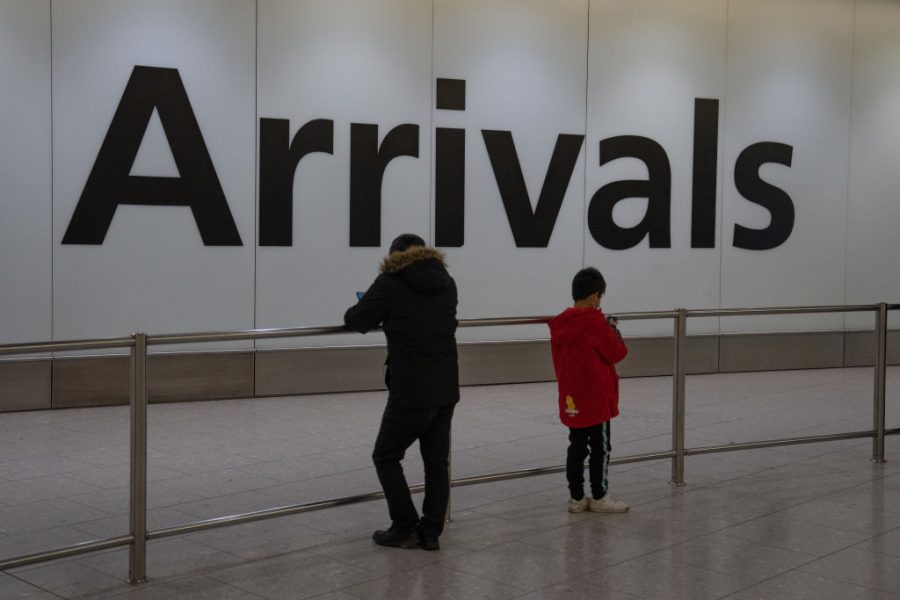Compared with the mobs chanting against sunbathers on Tenerife or the new entry fee just to set foot in Venice, Britain’s own war on tourism may seem mild. Nevertheless, according to the World Travel and Tourism Council, the UK government is ‘sabotaging’ its own tourism industry. In 2024, it says, international visitors spent 5 per cent less in Britain than they did in 2019. The reason for this, it adds, are deliberate policy choices by the government. The end of VAT-free shopping for international visitors, a rise in air passenger duty and the new requirement for tourists to seek electronic travel authorisation – a mini visa scheme – before they travel to Britain have all contributed to the fall.
Brexit didn’t have to mean making booking a holiday in Britain a pain in the backside for EU citizens – no one on the Leave side campaigned on that policy – yet that is how the UK government has chosen to use its freedoms. Foreign visitors must now pay £16 for the privilege of partaking in some footling piece of bureaucracy which is doing absolutely nothing to slow down illegal migration, only to deter legal visitors.
No wonder would-be tourists are voting with their feet and going elsewhere. The only consolation for the tourism industry is that the UK government isn’t quite as foolish on this as the Labour administration which runs one-party Wales is. There, in response to an MPs’ report bemoaning the lack of visitors to Wales, the government’s tourism arm has launched a campaign to attract more visitors with the slogan ‘2025 – the year of Creoso’ (‘welcome’ in Welsh).
The Welsh government seems to lack the insight to see that it is simultaneously doing as much as it possibly can to destroy its own tourism industry. From 2027, tourists will be charged a £1.25 tax for every night they spend in Wales. That is, if there are any tourists left by then, because the Welsh government, combined with its loony councils, has just about finished off the market for self-contained holiday accommodation.
Under new rules, holiday homes must be rented out for at least 182 nights a year – an impossible number in just about any rural or coastal location – or be liable for a council tax premium intended for second homes. This premium can be levied at anything up to 300 per cent – which means owners paying up to four times normal council tax, incurring bills of over £10,000 as a result. At this level, the economics of almost every holiday home will become impossible (although the caravan of former First Minister Mark Drakeford seems remarkably to be exempt from the levy, on the grounds it has a planning restriction preventing it from being used as a full-time home).
2025 is not the year of ‘Creoso’ if you are trying to provide accommodation for the tourists the Welsh government says it wants; rather it is the year of ‘dywarchen, chwi chwiliwr rhent drwg’ – which, according to Google Translate (and very possibly wrong), is Welsh for ‘sod off, you evil rent-seeker’. If you want a tourist industry, funny enough, it helps to be able to provide somewhere for them to stay. And in the modern age that is more likely to be a self-contained house with a touch of luxury rather than a caravan or B&B run by a landlady in fluffy slippers. That Welsh ministers cannot seem to see what they are doing to their own tourist industry makes one seriously worry about the calibre of politician which devolution has given us.








Comments